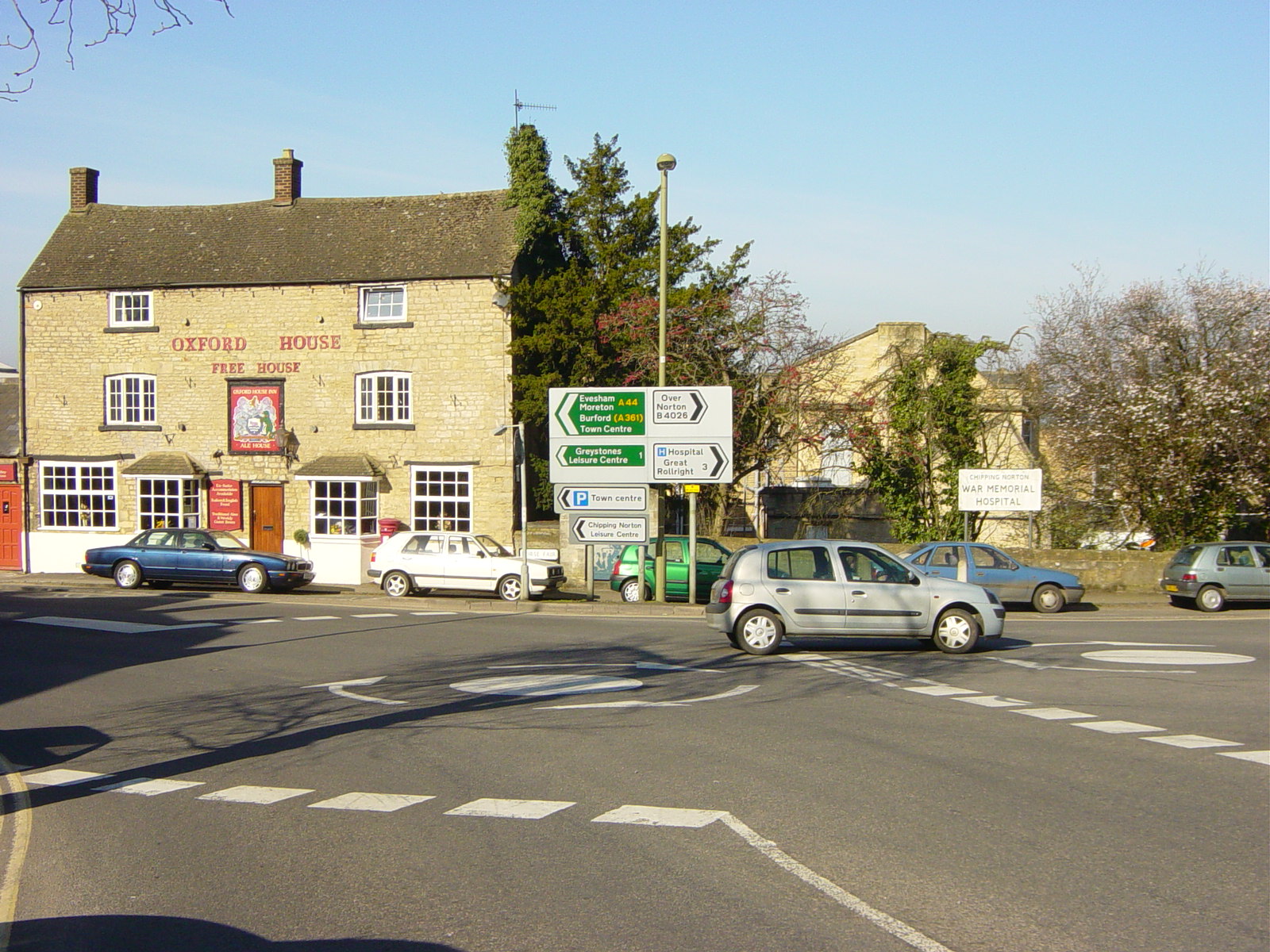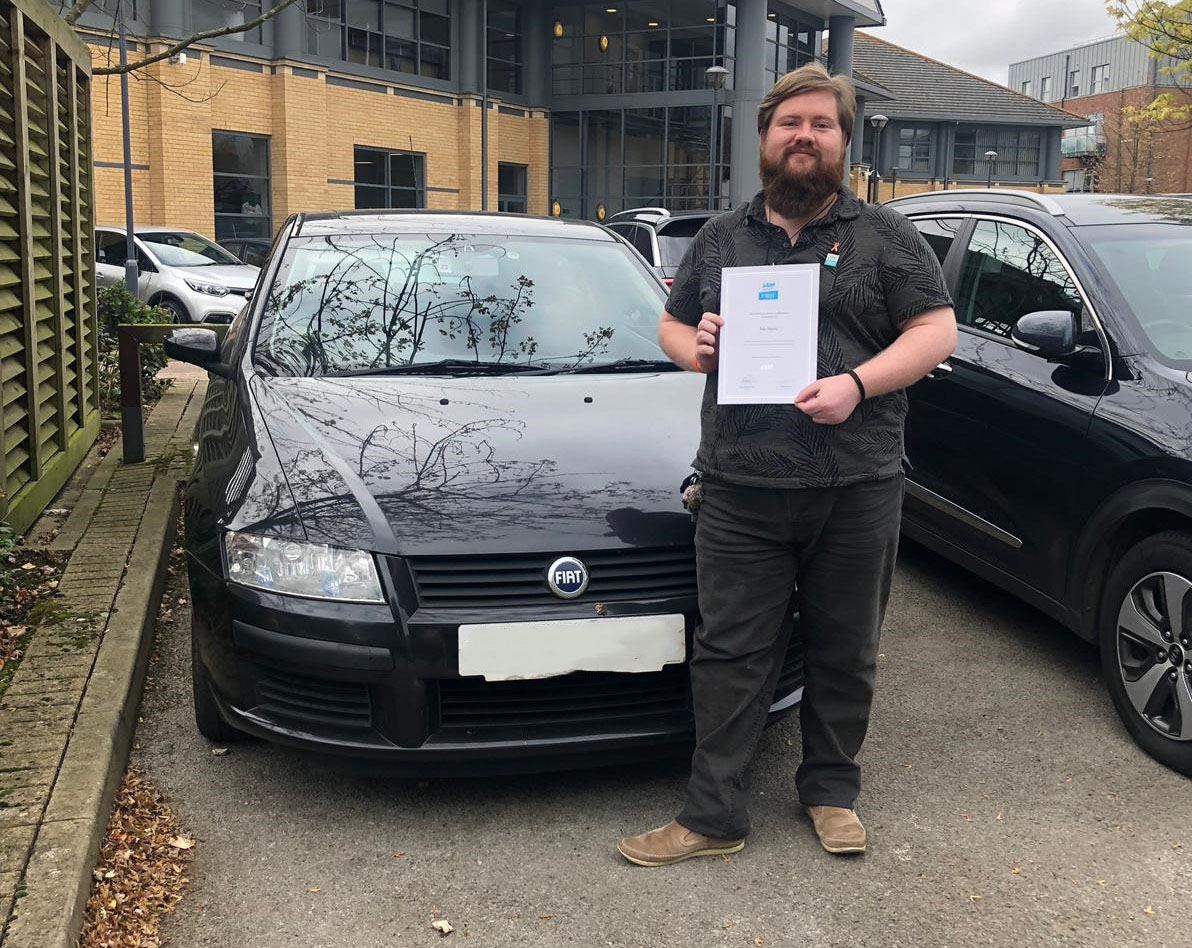Coping with mental health challenges on the road
Having a mental illness is something that certainly makes you question things, and anyone who has one of the myriad conditions that we’re aware of these days also knows that others might start to question your ability to manage things as well, like driving.
I’m writing this to reassure anyone suffering from mental illness that you can still do things, like driving, and do so at an advanced standard. Please indulge me for a few moments of scene setting before I continue.
In May of 2011, at the age of 27, I was diagnosed with severe Obsessive-Compulsive Disorder. It’s something I’ve had all my life and is a diagnosis that was soon followed by a co-morbid affliction with Social Anxiety Disorder. Obsessive-Compulsive Disorder, which affects about 1.2% of the population of the UK, is usually associated with excessive hand-washing and intolerance of germs, or having an absolute need to have everything in its place.
But there’s a quiet side to OCD that people don’t often know about, which is intrusive thoughts. This is where my diagnosis of Hyper Responsibility OCD lies; the feeling and irrational sense that by my direct action, or inaction, I am responsible for any harm, real or imagined, that might befall a person in a given situation.
I had not long recovered from a motorcycle accident which saw me being run into from behind, but I had gotten back on the road in my little Renault Clio. But I had recently come to dread one particular part of my drive.

Imagine you’re driving along the road. The road is empty, and you’re the only person on it. You’re perfectly calm and focused as you pass the school that you’ve passed day in and day out for longer than you care to remember.
Out of nowhere you are hit with the sickening thought that you have just hit and killed someone. Your blood turns to ice and your brain starts screaming at you in a pitch higher than your voice will ever reach.
“YOU’VE JUST HIT SOMEONE. YOU KILLED SOMEONE. WHAT IF IT’S A CHILD? YOU’RE JUST DRIVING AWAY!” Don’t be stupid. I’d know if I hit someone, I mean, I’ve been on the receiving end of a direct hit from a car. “YOU JUST HIT SOMEONE. QUICK! CHECK THE MIRRORS, MAKE SURE THERE’S NOT A BODY IN THE ROAD!” That’s impossible. The road is empty, it’s been empty this whole time. “CHECK IT! CHECK, CHECK. CHECK IT!”
In order to silence this screaming thought you know you’ll have to check. Part of you is sick of this completely irrational voice that is yet again interrupting your otherwise peaceful drive, but the other part of you is completely convinced that the voice is right. You feel terrified. Your pulse rises as the thought that you’ve hit someone starts to dominate your mind. Unless you check, you know it’s going to get worse. So you give in to the building pressure to check. You look in your right wing mirror, then your rear view mirror, then your left wing mirror.

You are fully expecting to see a body sprawled in the road, a body you just hit. A life you’ve just ended. The rational part of your brain, the part that is always there and connected to the truth, knows you’ll see nothing but tarmac. And it’s not disappointed. You feel frustrated that you had to check, and hope you can just carry on with your drive but once isn’t enough.
Finally, you turn around, head back to the site and get out of your car to check for the telltale signs, a body, dents or blood on the car. You see nothing, as you knew you would. When you get back into your car and start back on your journey, you’re running late, so you get back in the car, panicked, angry and stressed.
Anyone who has taken - or is taking - the Advanced Driver Course knows that human factors play a big part on your ability to drive, and if you’re experiencing something like the above situation on a daily basis, those human factors are already compromised. Add in the sleep deprivation that is a side-effect of OCD, and you’re not in the best state to be able to confidently handle your drive.
Knowing that, and taking into the account the fact that my compulsive mirror-checking was taking my focus away from the road, I had to take action. With Cognitive Behavioural Therapy, I was able to learn how to manage my condition and while it cannot be cured, it is something that I am now able to take control of.
If you’re suffering from OCD, panic attacks or any other form of anxiety disorder, or are just anxious about driving in general, please let me share a few of my own personal tips on taking control back and making your driving life a calmer, more confident experience:
- Ensure you get plenty of rest before a long journey. I cannot stress this enough. If you’re well-rested, your ability to fight off those nerves will be much higher.
- Plan your journey and know it well. If you can eliminate this source of doubt, then you’ve one less thing to worry about when you’re on the road.

- Remember to breathe. Are you at a traffic light that’s gone red, or stuck in traffic? Now’s the perfect time to focus yourself, breathe deeply and engage in some mindfulness. You’ll be amazed at how soothing a quick re-set can be.
- Remove distractions. Turn that mobile phone off, put it on silent and place it in your glove compartment. Does your sat-nav need to be so loud? Distractions stress out people who are prone to anxiety. Get rid of as many as you can.
Most importantly, the biggest advice I can give you, both when on the road and in life in general is to be forgiving. You are going to have good days and bad days. Be compassionate with yourself and remember that you are allowed to experience both the highs and the lows of your condition. Celebrate your victories, no matter how small, but always forgive yourself when you falter.
Remember that scenario I wrote about? I still get that, but I now manage it using the tips above and much more. I managed a solo drive from Hertfordshire to Porthcurno in Cornwall, driving around the single lanes in various conditions, and then driving back again, which was one of the most enjoyable experiences of my life.
Earlier this year, I took the advanced driving test after a few observed runs, including one run that saw me suffering from my OCD. My observer noticed, queried it and advised that they still felt I was capable of taking the test.
I passed with a F1RST and an invitation to consider becoming an observer for IAM RoadSmart.

There’s no shame to having anxiety, or any other mental health illness, and you can still achieve great things in spite of it.
If you, or anyone you know is suffering from a mental illness, you can find help and advice on our Mental Health page or from Mind, the Mental Health Charity.
For more information on OCD Specifically, you can find answers and advice at https://www.ocduk.org/
By Kier Home, IAM RoadSmart’s customer care deputy team leader

